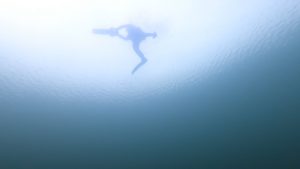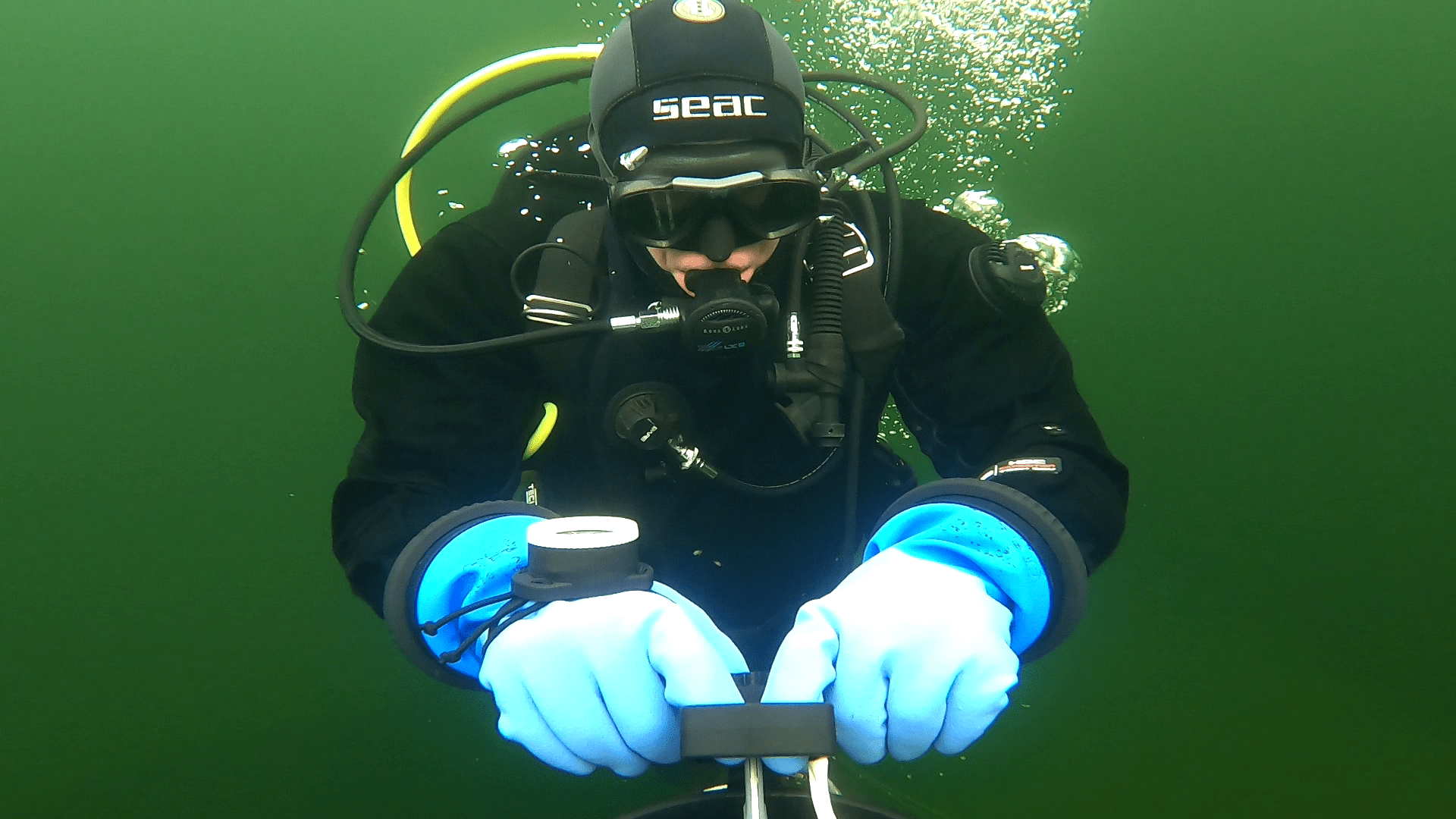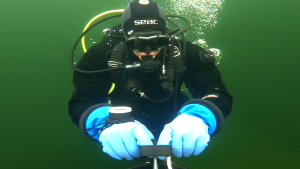Table of Contents
The main advantages of cold water diving
Unique marine life encounters
Cold water scuba diving gives you the chance to encounter unique marine species that are specially adapted to colder temperatures. From majestic orcas to vibrant kelp forests, the biodiversity in cold water environments can be truly captivating and provide divers with unforgettable underwater encounters.
Unspoiled and less crowded dive sites
Cold water dive sites are often less visited by tourists than warm water destinations. This creates quieter and more pristine dive sites where divers can explore pristine underwater ecosystems and appreciate natural beauty without the crowds.
Advanced diving skills
Cold water diving requires divers to develop essential skills such as buoyancy control, gear handling and efficient air consumption. These skills are enhanced by the unique challenges of colder temperatures and limited visibility. As a result, divers become more confident and experienced in their diving abilities.
Unique natural phenomena
Cold water diving provides an opportunity to witness such unique natural phenomena as ice diving and cold water fish diving. Exploring the underwater world below frozen surfaces or sailing through dense kelp forests gives divers an unusual and unforgettable experience that can only be found in cold water regions.
Personal growth and resilience
Cold water diving pushes divers out of their comfort zone and requires mental toughness. Overcoming the initial shock of cold water and adapting to difficult conditions contributes to personal growth, resilience and self-confidence. These qualities gained from cold water diving extend beyond diving and positively impact other aspects of life.
The main disadvantages of diving in cold water

Exposure to cold water
The main challenge of cold water diving is exposure to low temperatures. The cold can cause discomfort, reduce dexterity and can be physically taxing on the body. Proper thermal protection, such as dry suits or thick wetsuits, is essential to minimize the effects of cold water exposure.
Limited visibility
Cold water environments often have reduced visibility due to factors such as suspended particles, algae or plankton. Limited visibility can make it difficult to navigate, locate your dive buddies, or fully appreciate your underwater surroundings.
Additional equipment and clothing
Cold water diving usually requires additional gear and equipment compared to warm water diving. This can include drysuits, thicker wetsuits, hoods, gloves and heavier cylinders. The need for specialized equipment for cold water diving adds an additional degree of preparation and cost.
Longer preparation time
Cold water diving generally requires more preparation and preparation time compared to warm water diving. Putting on and fitting thick suits, ensuring proper insulation and preparing equipment for cold conditions can be time-consuming and require more attention to detail.
Limited diving season
In cooler regions, the cold water diving season may be shorter compared to warm water destinations. Freezing temperatures or extreme weather can limit diving opportunities at certain times of the year, so it is necessary to plan your trips accordingly.
It is important to note that while cold water diving has its challenges, many divers find that the benefits and unique experiences far outweigh any potential drawbacks. With the right training, equipment and preparation, cold water diving can be an incredibly rewarding and enriching experience.
- Learn to scuba dive in cold water (Divings.lv 2023)
- Advantages of a cold bath (Divings.lv 2022)
- Cold baths for beginners (Divings.lv 2022)
- Cold water shower, hardening benefits (Divings.lv 2022)


